Polystyrene (PS): Properties, Derivatives, and Applications
Polystyrene (PS) is a versatile and lightweight thermoplastic that has become a cornerstone material across multiple industries. Known for its affordability, rigidity, and adaptability, polystyrene is widely used in packaging, construction, electronics, and consumer goods.
In this article, we’ll explore the unique properties of polystyrene, its derivatives, and the extensive range of applications that make it indispensable in modern manufacturing.
What is Polystyrene?
Polystyrene is a synthetic polymer made from the polymerization of styrene monomers. It can be molded, extruded, or foamed into a variety of shapes and forms, making it an incredibly versatile material. Its ability to balance cost-effectiveness with performance has driven its popularity in industries worldwide.
Key Properties of Polystyrene
- Lightweight
Polystyrene is easy to transport and handle, reducing logistics costs while maintaining structural integrity. - High Rigidity
Its rigidity and strength make it suitable for durable applications, from construction to consumer products. - Thermal Insulation
Expanded and extruded polystyrene are excellent thermal insulators, widely used in construction and packaging. - Recyclability
Polystyrene can be recycled and reused, aligning with sustainability goals in many industries. - Customizability
Available in various forms—rigid, foam, or blended—polystyrene is adaptable for a wide range of applications.
Derivatives of Polystyrene
Polystyrene is available in several forms, each tailored for specific applications:
- General Purpose Polystyrene (GPPS)
Transparent and rigid, GPPS is commonly used in food packaging, laboratory equipment, and clear containers. - High Impact Polystyrene (HIPS)
Toughened with rubber, HIPS is impact-resistant and used in appliances, toys, and electronics casings. - Expanded Polystyrene (EPS)
A lightweight foam material, EPS is ideal for protective packaging, disposable food containers, and thermal insulation. - Extruded Polystyrene (XPS)
Known for its closed-cell structure, XPS provides superior thermal insulation and is used in construction and industrial applications. - Co-Polymers of Polystyrene
By combining polystyrene with other polymers, manufacturers can enhance specific properties like flexibility, chemical resistance, or UV stability.
Applications of Polystyrene
Polystyrene’s versatility makes it a key material across diverse industries:
- Packaging
- Protective foam for shipping fragile items.
- Food containers, cups, and disposable cutlery.
- Insulated packaging for temperature-sensitive goods.
- Construction
- Insulation boards for walls, roofs, and floors.
- Lightweight concrete panels and roofing sheets.
- Moisture-resistant layers for building protection.
- Electronics
- Casings for devices and appliances.
- Electrical insulation and lightweight components.
- Consumer Goods
- Toys, furniture parts, and household items.
- Disposable products like trays, plates, and cups.
- Industrial Applications
- Molded parts for machinery and equipment.
- Insulation materials for cold storage facilities.
Why Choose Polystyrene?
Polystyrene’s affordability, adaptability, and performance make it an essential material in industries focused on cost efficiency and sustainability. Its availability in multiple forms ensures that it can meet the diverse needs of modern applications while maintaining high standards of quality and durability.

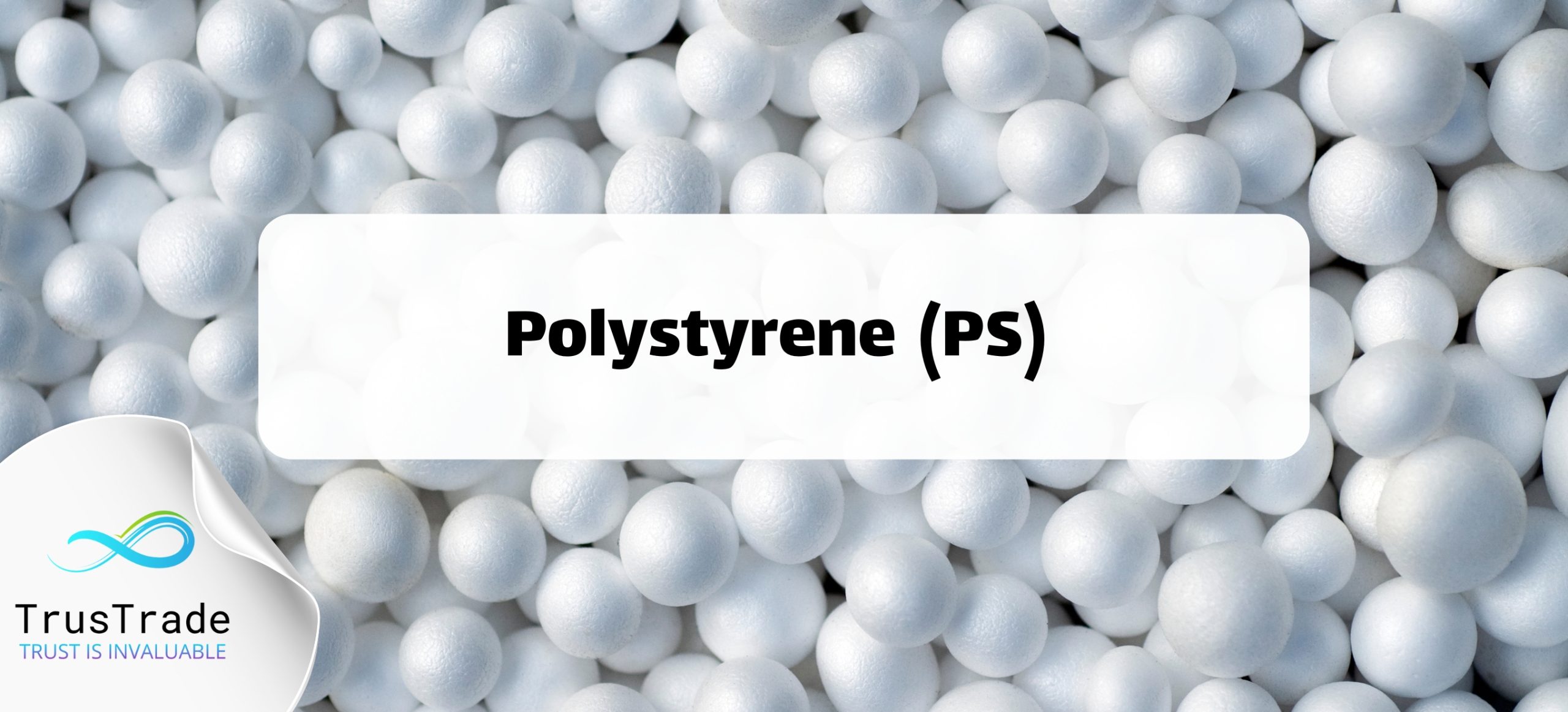

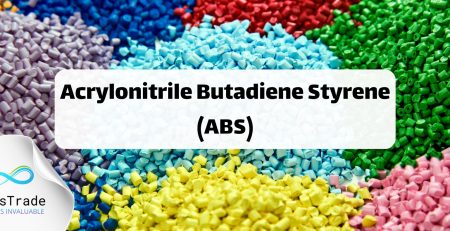
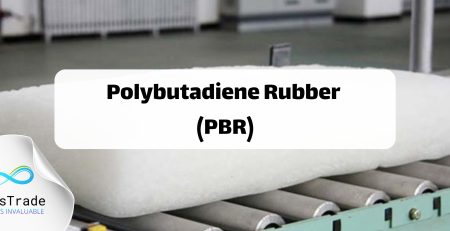

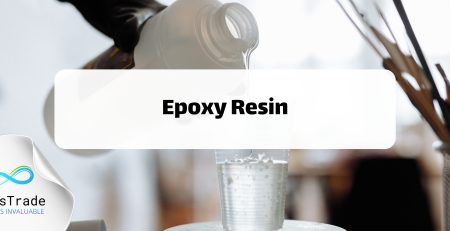
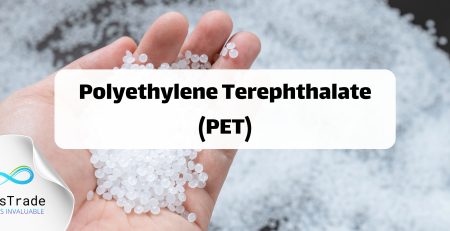
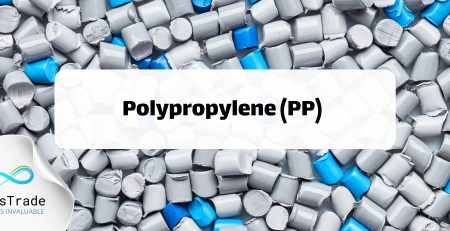
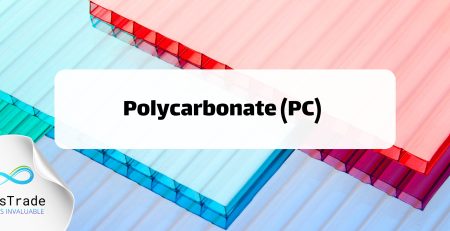
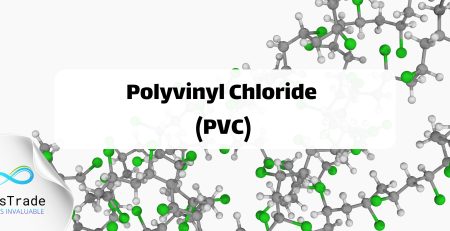
Leave a Reply